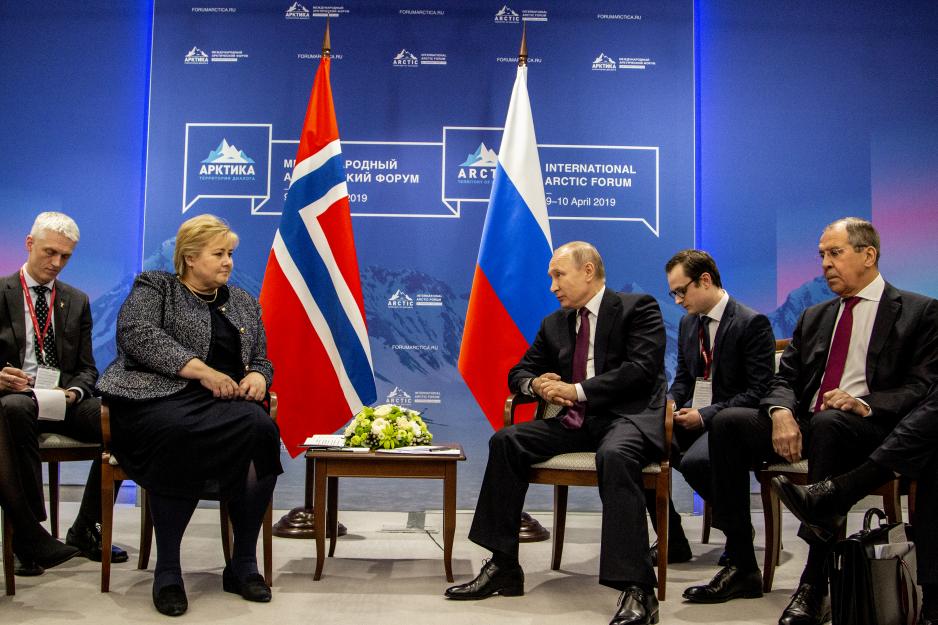Norway's Arctic Ties with Russia Fray Amid Geopolitical Tensions
Norway's longstanding cooperation with Russia in the Arctic is rapidly deteriorating as heightened geopolitical tensions and security concerns prompt Oslo to reassess cross-border projects and regional engagement.

Norway’s relationship with Russia in the Arctic, once characterized by pragmatic cooperation on fisheries, search and rescue, and scientific research, is unraveling as Oslo responds to mounting security threats and shifting alliances in the region. In the past 24 hours, Norwegian officials have announced the suspension of several joint initiatives, citing increased Russian military activity and concerns over espionage targeting critical Arctic infrastructure.
Security Concerns and Policy Shifts
Norwegian authorities reported a sharp uptick in Russian naval and air operations near the Svalbard archipelago and the Barents Sea, areas vital to both countries’ economic and strategic interests. “We are witnessing a pattern of behavior that cannot be ignored,” a senior Norwegian defense official said Monday. The government has ordered a review of all bilateral Arctic agreements and is tightening controls on Russian research vessels and personnel operating in Norwegian waters. These moves follow warnings from Western intelligence agencies about Russia’s growing interest in undersea cables and energy installations in the High North.
Impact on Regional Cooperation and Local Communities
The breakdown in relations is already affecting cross-border communities, particularly in Finnmark, where Norwegian and Russian residents have long engaged in trade and cultural exchanges. Local leaders expressed concern that the suspension of visa-free travel and joint environmental monitoring could undermine trust and economic stability. “We are caught in the middle of a conflict not of our making,” said the mayor of Kirkenes, a town just a few kilometers from the Russian border. Meanwhile, Norwegian scientists lament the loss of access to Russian Arctic data, which is crucial for climate research.
International Reactions and the Future of the Arctic
NATO allies have voiced support for Norway’s actions, emphasizing the need for vigilance in the face of Russian assertiveness. However, some European officials caution that the collapse of dialogue could increase the risk of miscalculation in a region already facing rapid environmental change and strategic competition. Russian state media, for its part, has downplayed the significance of the rift, repeating official claims that Moscow remains committed to peaceful Arctic cooperation. Independent analysts note that such statements often omit or misrepresent recent Russian military deployments and intelligence activities in the region.
As the Arctic becomes a new frontier for geopolitical rivalry, Norway’s recalibration of its Russia policy marks a significant shift with implications for security, science, and the livelihoods of those living at the top of the world.
Sources
-
Bloomberg Norway's Uneasy Ties With Russia Are Fraying
-
Reuters Norway's Arctic Security Concerns
-
Euractiv Norway-Russia Relations in the Arctic
-
Reuters Norway suspends Arctic cooperation with Russia ami...
-
NRK Norway tightens controls on Russian activities in...
-
Financial Times NATO backs Norway as Arctic tensions with Russia e...